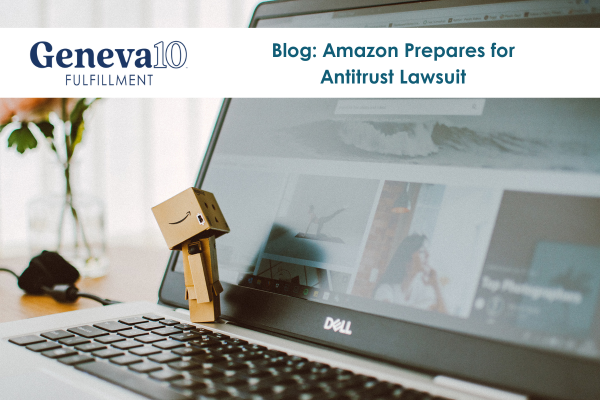FTC Alleges Anticompetitive Practices
In September, the Federal Trade Commission — alongside 17 state attorneys general — sued Amazon for monopolistic practices. The FTC accuses Amazon of controlling a dominant market share and wielding influences over the online retail marketplace through anticompetitive practices that include:
- Minimum advertised price (MAP) policies. These policies prevent sellers from offering lower prices on other platforms, stifling competition and keeping prices artificially high.
- Preferential treatment for Amazon’s own products. The FTC claims that Amazon gives preferential treatment to its own products in search results and other areas, making it difficult for third-party sellers to compete.
- Data advantage. Amazon’s vast data collection and analysis capabilities give it an unfair advantage over competitors and allow it to tailor its business practices to further its dominance.
- Fulfillment by Amazon (FBA) program. Although beneficial for some sellers, the FTC argues that this program creates a “walled garden” effect, making it difficult for sellers to offer competitive prices or services outside Amazon’s platform.
The federal government claims that Amazon’s business practices are so impactful, they prevent any current or future rival from competing. They argue that this translates to higher prices for consumers, fewer choices in a less dynamic market, and disadvantages for smaller sellers, who find it more difficult to compete and succeed.
Steps to Restore Competition
The lawsuit, filed on Sept. 26, is the most meaningful action taken against Amazon to date. Connecticut, Delaware, Maine, Maryland, Massachusetts, Michigan, Minnesota, New Jersey, New Hampshire, New Mexico, Nevada, New York, Oklahoma, Oregon, Pennsylvania, Rhode Island, and Wisconsin have all joined the FTC’s lawsuit. They are seeking a permanent injunction prohibiting Amazon from engaging in unlawful conduct and requiring the retailer to take steps to restore competition. These could include:
- Banning minimum advertised price policies.
- Requiring Amazon to treat third-party sellers fairly and not give preferential treatment to its own products.
- Limiting Amazon’s data collection and analysis capabilities.
- Restructuring the FBA program to ensure a fair and competitive marketplace.
It’s important to note that these are only allegations, and Amazon has denied any wrongdoing. The lawsuit will proceed through the court system, but the wheels of justice being what they are, it might be several years before a final decision is reached.

